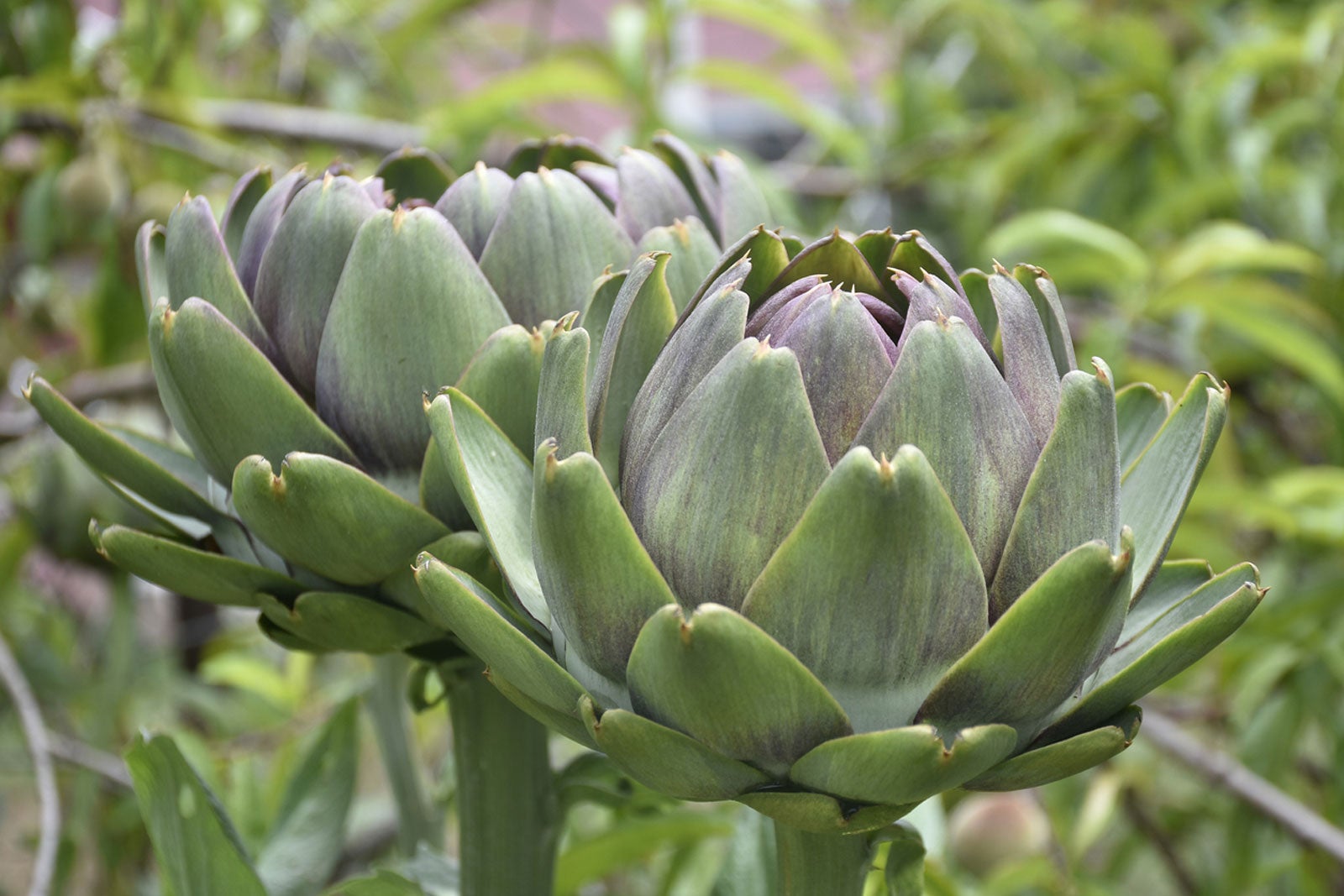Artichoke Plant Types: Learn About Different Artichoke Varieties


There are several varieties of artichoke, some of which produce big buds with plenty of flesh, while others are more decorative. Different artichoke plants are bred for different harvest times as well. Keep reading for info on different artichoke varieties that might be suitable for your region.
Artichoke Plant Types
Artichokes are one of those playful foods that have both the leaves and choke to enjoy. I'm a leaf kind of person myself and have always grown these beautiful, big plants for eating and as ornamentals. All types of artichoke can be quite expensive in the supermarket but are easy to grow and can give diversity to your produce selections.
Artichokes are thistles and related to one particularly wicked one – the stinging thistle. It's hard to imagine who first decided to eat one of these big flower buds, but whoever it was had a stroke of genius. The tender choke and the sweet, delicate ends of the leaves negate their ties to weedy thistles and provide endless recipes.
There are both elongated and globe types of artichoke. The different artichoke varieties each have subtly different attributes, one better for baking and one better for steaming. All varieties of artichoke are delicious and have similar nutritional value.
Different Artichoke Plants
Artichoke plant types are either modern breeds or heirlooms. The Chinese artichoke is not a true artichoke and is actually the rhizome of the plant. Similarly, Jerusalem artichoke is not in the family and its tubers are the part eaten.
The true artichoke plants are massive and some can get as tall as 6 feet (2 m.). The leaves are usually greenish-gray, deeply serrated, and quite attractive. The buds are either oval or round and have scale-like leaves surrounding the flower. If left on the plant, the buds become really unique purple flowers.
Different Artichoke Varieties
All varieties of artichoke are probably decedents of wild plants found in the Mediterranean region. More and more types are appearing in farmer's markets and grocery stores. Some great ones to watch for are:
Sign up for the Gardening Know How newsletter today and receive a free copy of our e-book "How to Grow Delicious Tomatoes".
- Green Globe – a classic, large, heavy, round choke
- Violetto – elongated variety also known as purple artichoke
- Omaha – dense and quite sweet
- Sienna – small choke with wine red leaves
- Baby Anzo – just a couple of bites but you can eat the whole thing
- Big Heart – a very heavy, dense bud
- Fiesole – small but a delicious, fruity flavor
- Gros vert de Laon – French mid-season variety
- Colorado Star – small plants with big taste
- Purple of Romagna – Italian heirloom with big round blooms
- Emerald – large, round, green heads without spines

Bonnie Grant is a professional landscaper with a Certification in Urban Gardening. She has been gardening and writing for 15 years. A former professional chef, she has a passion for edible landscaping.